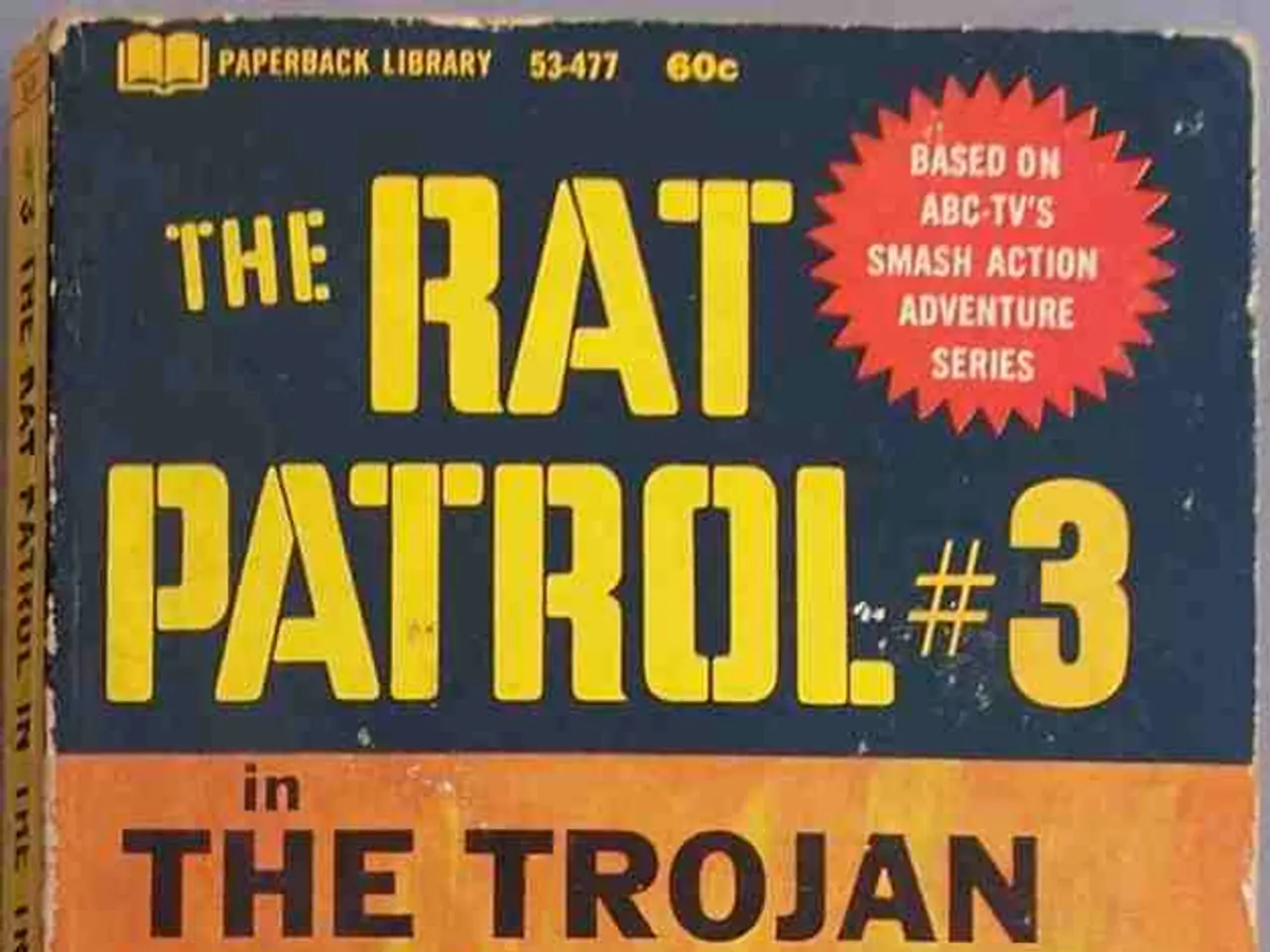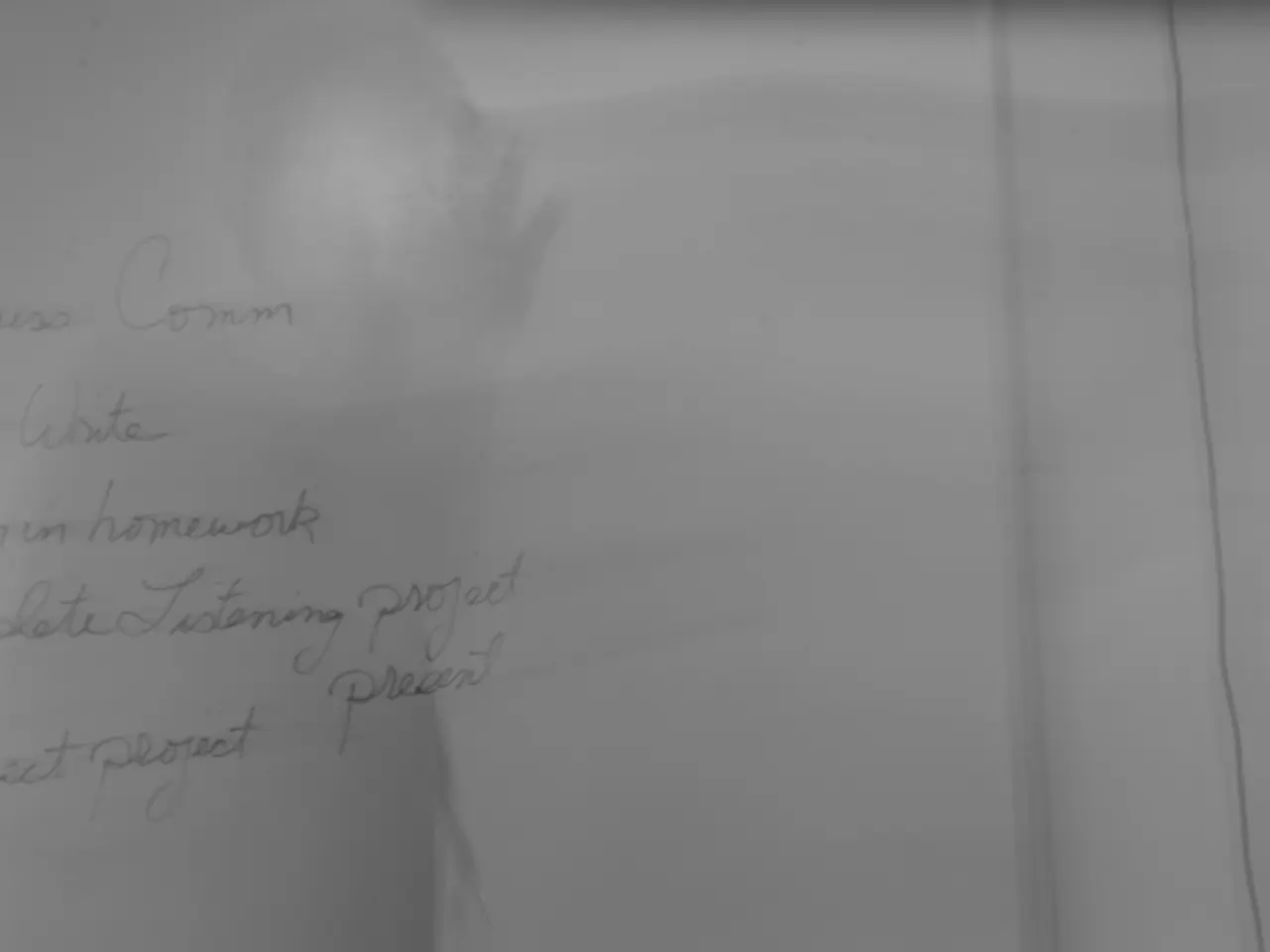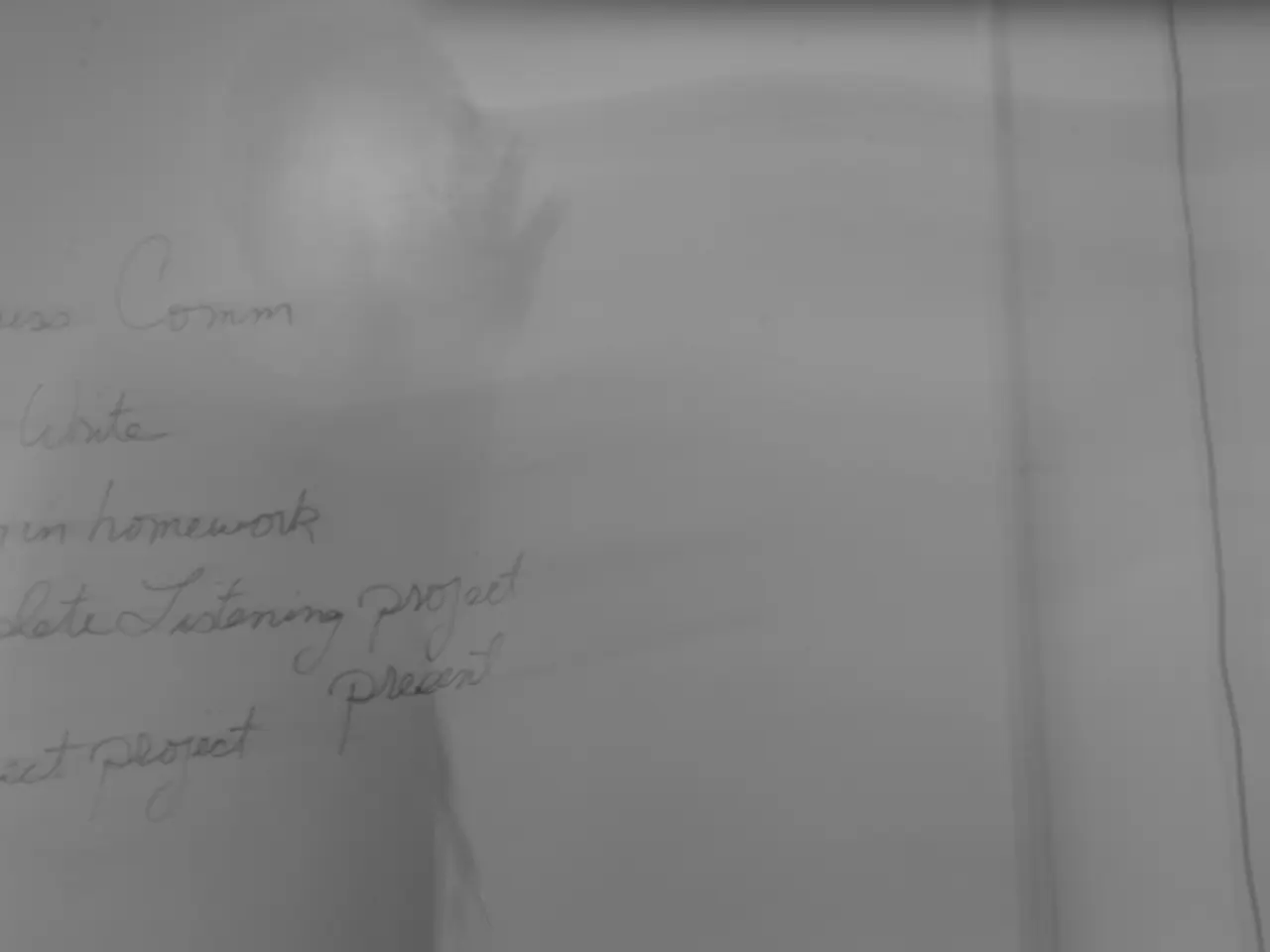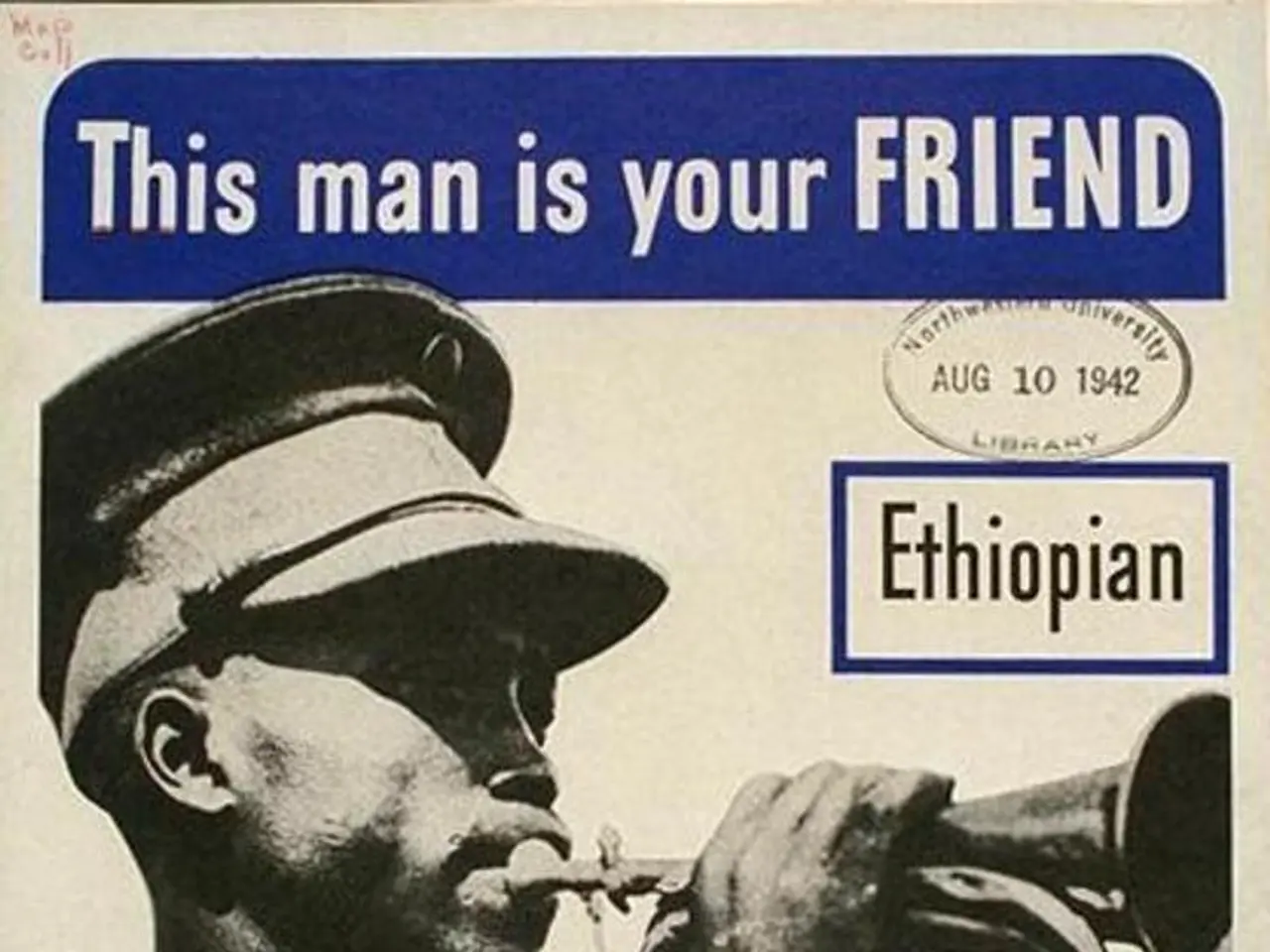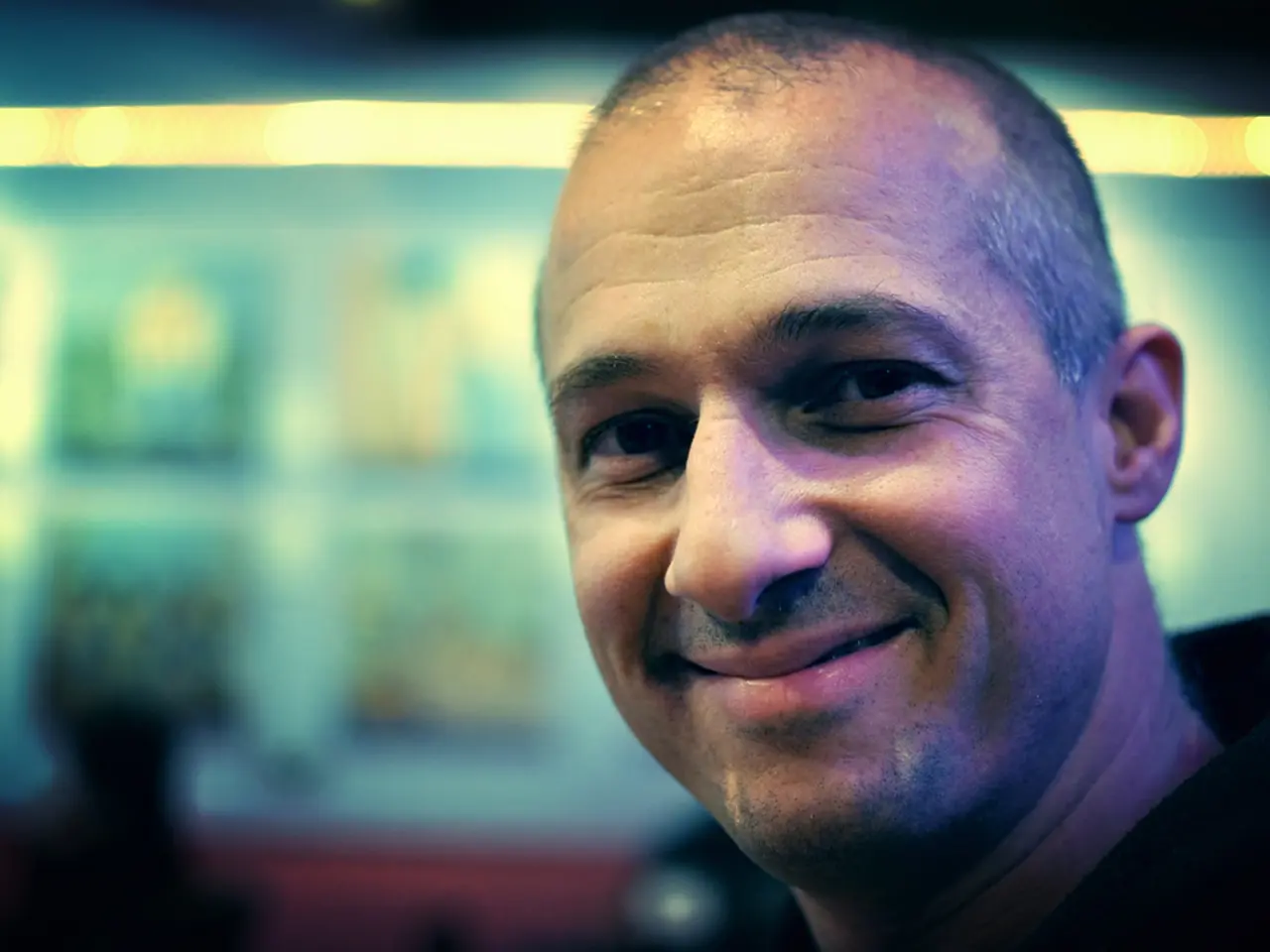Countries advocate for meaningful conversation towards a two-state resolution, amid intensifying Israel-Palestine disputes
In the ongoing Israel-Palestine conflict, India has emphasised the importance of a balanced approach that prioritises human rights and peace over partisanship. The crisis in Gaza, a direct consequence of the unresolved Israel-Palestine conflict, has prompted India to call for action from the global community to prevent the humanitarian disaster from worsening [1][3][5].
India's stance on the Israel-Palestine conflict advocates for both Palestinian rights and maintaining strong ties with Israel. The country has reaffirmed its commitment to a peaceful resolution of the conflict, viewing a two-state solution as the only viable long-term approach to achieve lasting peace [2][4].
India's diplomatic engagement is crucial in finding a resolution to the Israel-Palestine conflict, especially in light of the stalled peace talks and the challenges of reconciling Israel's security concerns with Palestinian demands for statehood. India's call for direct engagement between Israel and Palestine is aligned with its foreign policy strategy, prioritising peaceful conflict resolution and multilateral diplomacy [2][4].
The humanitarian crisis in Gaza has resulted in extensive damage to medical facilities, limiting access to medical care. In response, India has urged for immediate humanitarian aid to Gaza and has offered to contribute to international peace-building efforts, emphasising that humanitarian aid must remain independent of the political context of the Israel-Palestine conflict [1][3].
Schools in Gaza have been disrupted for over 20 months due to the ongoing conflict. Recognising the disproportionate impact the conflict has on civilians, particularly children and the elderly, India has highlighted the need for humanitarian aid to support the region's most vulnerable populations [1][3].
India's push for a two-state solution is not merely an academic or idealistic position but a practical approach to securing lasting peace. The long-term goal of achieving peace through a two-state solution is still within reach, but it requires sustained international cooperation [2][4].
As the situation in Gaza continues to deteriorate, India's diplomatic voice will remain crucial in driving international action toward a just and lasting resolution to the Israel-Palestine conflict. India has already urged for a ceasefire in the Middle East to end the human suffering in Gaza [1][3].
In summary, India maintains a balanced approach supporting Israel’s right to exist and security but simultaneously upholding the Palestinian cause for statehood and a peaceful resolution, with a focus on diplomatic dialogue and internationally endorsed two-state frameworks [2][4]. India's efforts at the UN underscore its commitment to a balanced, humanitarian approach to resolving the Israel-Palestine conflict.
India's policy-and-legislation in war-and-conflicts, particularly in the Israel-Palestine case, is centered around a balanced approach that includes support for both Palestinian rights and Israel's security. This approach is based on a two-state solution, which is seen as the only viable option for achieving lasting peace in politics. In addition to this, India has also been actively advocating for humanitarian aid for general-news, such as the dire situation in Gaza, viewings such aid as independent of the political context of the conflict.
